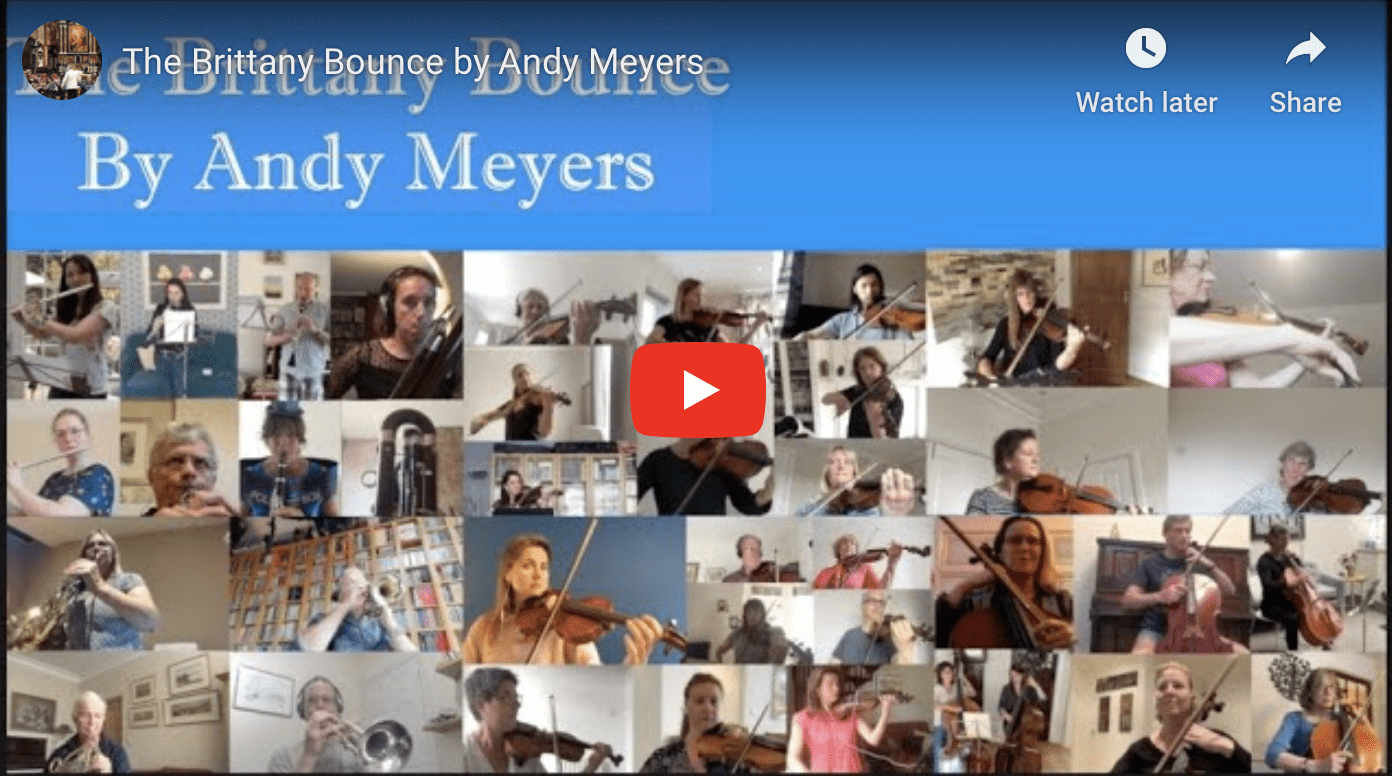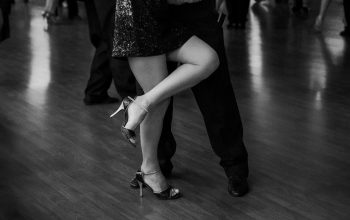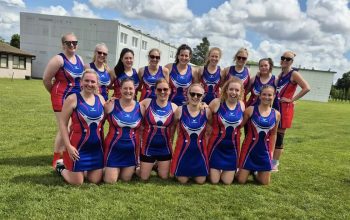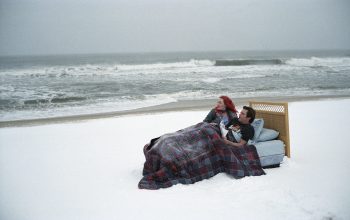Kingston Chamber Orchestra has taken coronavirus restrictions in its stride as it prepares for its third virtual performance since April.
The video, which will feature the 45-strong orchestra playing their instruments in their own homes edited together into a single performance, will follow private video workshops from professional violinist Emily Earl.
“The videos will coach the players in how to stylistically perform the music, so we can make a good-quality recording of this piece,” said Kingston Chamber Orchestra’s Musical Director Andy Meyers.
“Previously we had to prepare for a full programme but because we’ll be focussing on a short piece [Mozart’s Overture to The Impresario], the opportunity is there for people to be fussy about how they play – so there are benefits.”
However not all of Kingston’s orchestras have been able to make the move online.
Judith Rutherford, Chair of Kingston Philharmonia, said: “Our usual conductor is on sabbatical so we were due to have a range of great guest conductors, which has made it harder to do some of the [virtual] things that other orchestras have done.”
She added: “I think people miss that opportunity to get together and make music and see each other. I think we all know that these sorts of activities are really important to people’s general fabric of life and well-being.”
The situation in Kingston mirrors that of the rest of the country.
Under the current regulations amateur groups meeting for organised activities are exempt from the rule of six.
However in many cases the complexity of the rules means rehearsals can still not resume, and the need to socially-distance audiences means concerts are often not financially viable.
With the live music industry already on its knees, both Meyers and Rutherford highlighted their concern for how this will impact professional musicians working in Kingston.
Meyers said: “Just because we’re an amateur orchestra it’s very easy to assume that it doesn’t impinge on professionals. But [in Kingston Chamber Orchestra] there’s a professional violinist not being paid for freelance work because the orchestra’s not running. The amount of money that’s paid to freelancers by amateur orchestras is massive.”
In 2016 Making Music estimated that amateur music groups contributed £18.7m to the arts industry by hiring professional musicians, a figure that is expected to fall dramatically with the cancellation of concerts and the suspension of rehearsals.
“The regulations are quite difficult to satisfy, but then we’re talking about people’s health, so you’ve got to set a reasonably high hurdle,” said Rutherford.
Meyers agreed: “They’ve done all they can. We’re just going to have to weather this storm.”






